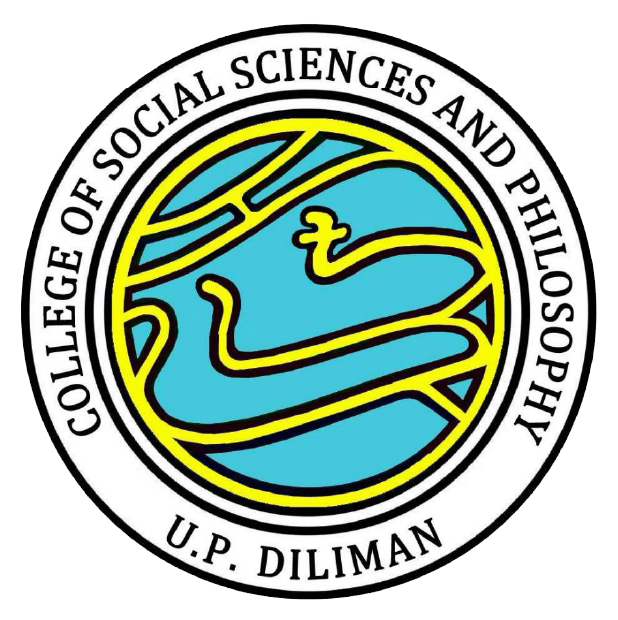Publications
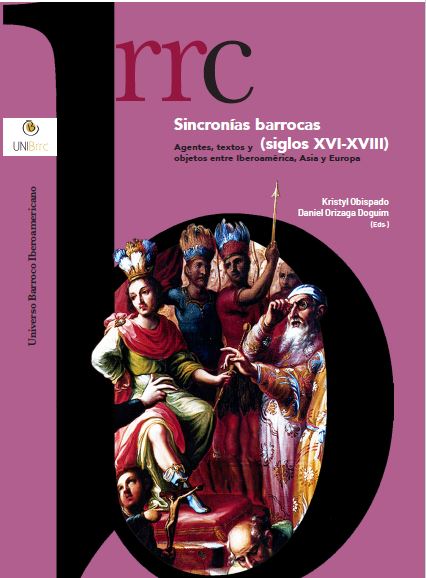
Cabecilla principal de sangleyes and Chinese immigration in the late- eighteenth century Philippines
This paper explores the important roles of the cabecilla principal de sangleyes (also called capitan chino)—the highest leader of the Chinese community in Manila—in the recruitment, transportation, and employment of Chinese immi- grants in the Philippines during the late eighteenth century. Using the experi- ences of cabecillas principales Nicolas Quito and Bartolome Pitco and framed within the political and socio-economic milieus of the period, it describes and analyzes (1) the need for the Spanish colonial government to use these Chinese
community leaders in bringing new immigrants into the colony; (2) the factors that made them the most suitable “immigration agents”; and, (3) the benefits that they and the colonial state obtained from such conscription and migration arrangements. Comparisons are made between these two cases, especially as Quito spearheaded the migration process while the Chinese immigration ban was still in effect. In contrast, Pitco did it when the Chinese were again allowed to return to the islands. This paper aims to contribute to a better understanding of the Chinese community and its leaders, colonial administration and various aspects of Philippines-China relations during the early colonial period.
community leaders in bringing new immigrants into the colony; (2) the factors that made them the most suitable “immigration agents”; and, (3) the benefits that they and the colonial state obtained from such conscription and migration arrangements. Comparisons are made between these two cases, especially as Quito spearheaded the migration process while the Chinese immigration ban was still in effect. In contrast, Pitco did it when the Chinese were again allowed to return to the islands. This paper aims to contribute to a better understanding of the Chinese community and its leaders, colonial administration and various aspects of Philippines-China relations during the early colonial period.
Chinese laborers
cabecilla principal
immigration
Manila

Paramount Yet Frontier: A Historiographical Appraisal of Select 18th-Century Philippine Geological Disasters
This study is a historical and historiographical evaluation of select eighteenth-century Philippine geological disasters: the 12 January 1743 Tayabas and Laguna de Bay earthquake and the 02 June-12 December 1754 Taal Volcano eruption. Using archival chronicles and historical studies, it analyzes how these two geological phenomena can be contextualized in the larger world of the eighteenth century. It also argues that the meanings emanating from these disasters and their interpretations constitute the complexities of historical studies on calamities and catastrophes. Finally, it attempts to present an exploratory comparison with their contemporary geological disasters: the 01 November 1755 Lisbon earthquake in Portugal and the 29 July 1773 Antigua Guatemala/Santa Marta earthquake in Guatemala. Albeit proportionate in terms of sheer strength and gravity of destruction to human communities, the Philippine disasters seem remote not only because of the archipelago’s geographic location in reference to the center of the Spanish empire but also of the way they are mounted as historical disasters – they are paramount yet frontier – colossal yet they occurred in the fringes.
Earthquakes
volcanic eruptions
eighteenth-century Philippines
historical disasters
Philippine colonial history
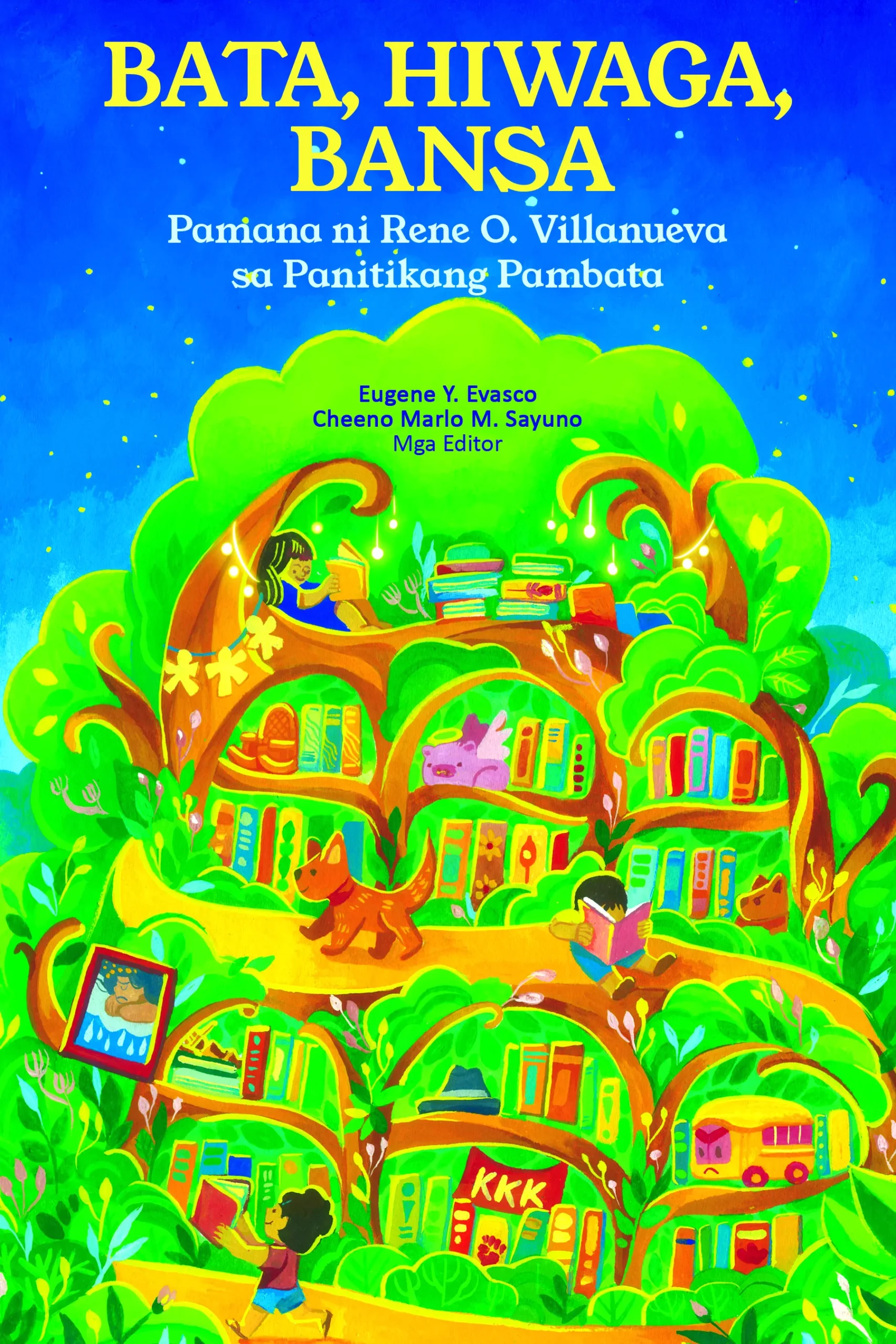
Si Rene O. Villanueva sa Panimulang Yugto ng Pag-akda para sa Bata, 1977-1986
Isinalaysay ng kabanatang ito ang pagsibol ng interes at pagpapanday ng kasanayan ni Rene O. Villanueva sa pagsulat ng panitikang pambata mula 1977 hanggang 1986. Maliban sa personal na buhay at pagkatha ni Rene, ipinopook din ng pag-aaral na ito ang mga pangyayari sa mas malawak na kaligirang pangkasaysayan-- ang diskurso ng pagkabata at pagkabansa, ang pulitika ng wika at malikhaing produksyon, at ang pag-akda sa panahon ng diktadura.
Rene Villanueva
panitikang pambata
kasaysayang pampanitikan
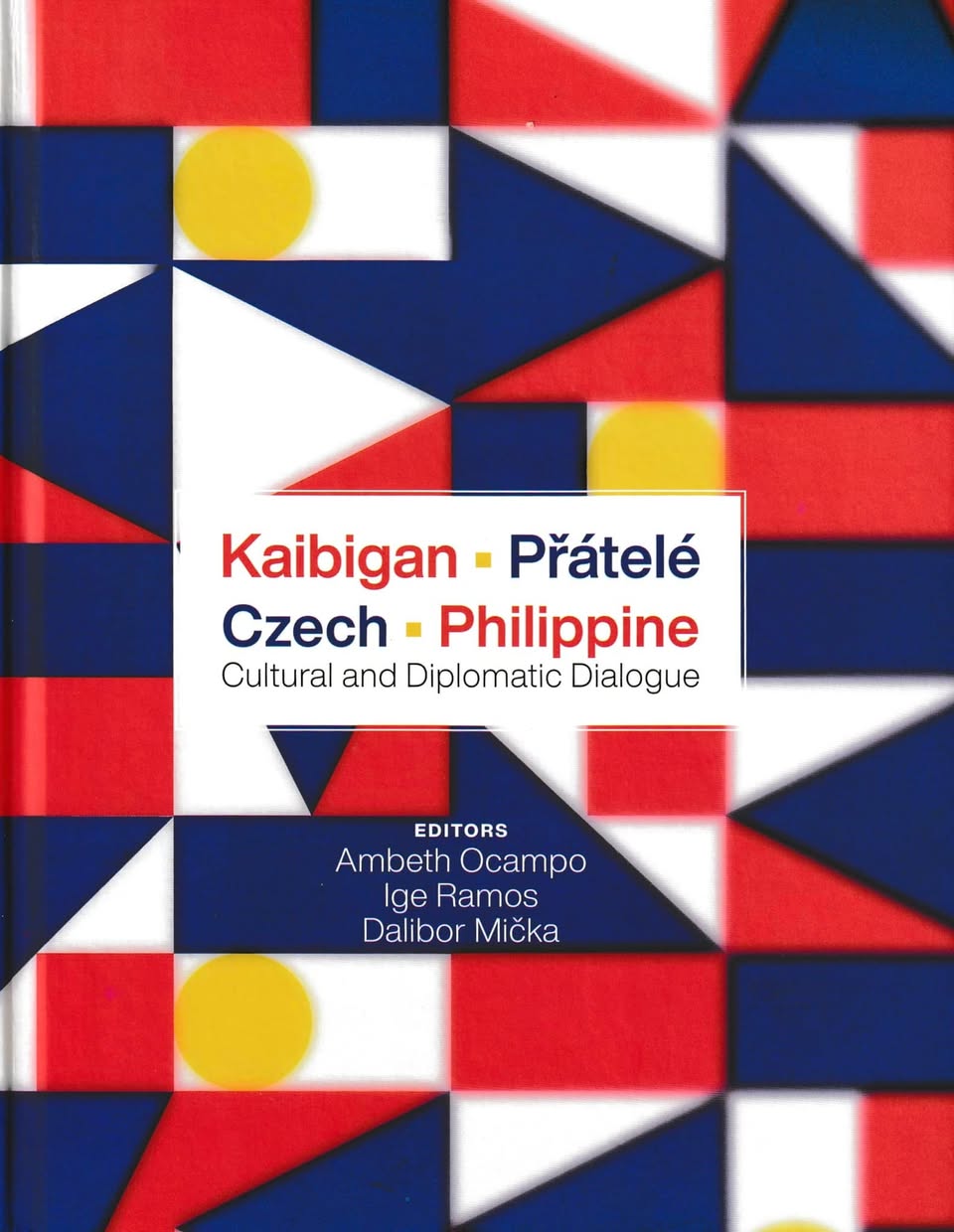
The Czechs in the Philippines in World War II
The Czech community in the Philippines just prior to World War II was a small but intimate group. There were but a handful of old-timers, mostly businessmen and their families. Most recent arrivals of Czech Jews, refugees from Hitler's forcible occupation of Czechoslovakia. At least one had arrived from China, a refugee from the Sino-Japanese conflict. The group were employees of the Bat'a Shoe Company, working in the head office, retail outlets or the shoe factory, all in Manila. It was relatively young community, with most in their thirties or younger.
Manila at that time was a vibrant, cosmopolitan city full of promise. The Philippine Commonwealth government had been inaugurated in 1935, and prospects for a mutually beneficial relationship between the Philippines and Czechoslovakia were bright.
Manila at that time was a vibrant, cosmopolitan city full of promise. The Philippine Commonwealth government had been inaugurated in 1935, and prospects for a mutually beneficial relationship between the Philippines and Czechoslovakia were bright.

Surviving Obscurity: An Inquiry into the Malisbong Massacre (1974–2013)
In 2013, the Philippine government officially recognized that the regime of Ferdinand Marcos Sr. perpetrated human rights violations between 1972 and 1986. With the passage of Republic Act (RA) No. 10368, the state established a Human Rights Victims’ Claims Board (HRVCB) to identify and provide monetary reparations to victims of human rights violations from the period. Despite this, however, former senator and Marcos’s defense minister Juan Ponce Enrile insisted that no person was massacred under the same administration. Articles from multiple news outlets countered Enrile’s statement by citing the 1974 Malisbong Massacre.3 The incident, frequently invoked by representatives of the Moro Islamic Liberation Front (MILF)4 and acknowledged by the Commission on Human Rights (CHR) in 2014,5 is said to have caused the deaths of around 1,500 Muslim men.6 Now, another Ferdinand Marcos has become president on the basis of his father’s legacy—one who has yet to address the Marcos regime’s accountability for corruption and human rights violations. In contemplating this, I ask: how does a nation build a comprehensive truth that reckons with its past and truly reconcile with it? I therefore attempted an inquiry into the Malisbong Massacre, now also known as the Palimbang Massacre, which was formally recognized by a joint resolution of the CHR and the Municipality of Palimbang in 2019.7 With data from the HRVCB slowly being made public, new research possibilities on martial law history appear. The timing is all the more important with the ongoing transition process of the Bangsamoro Autonomous Region in Muslim Mindanao (BARMM).8 Greater attention to this part of Philippine history ought to aid in the reconciliation of the land’s tenuous past, and enlighten readers on questions of documenting and memorializing mass killings.

To Struggle and Triumph: Maria Cristina V. Rodriguez’s Life during the Martial Law Years
This article will narrate the key events that shaped the life of May Rodriguez during the martial law period. It will first tackle her years in the University of the Philippines (UP) where she was integrated into the student movement. It will then discuss the events that led to her first arrest, torture under the hands of the military, and eventual release from detention. The article will also recount May’s return to the underground movement and second arrest. Aside from May’s personal accounts of torture and incarceration, a short discussion will be dedicated to the collective efforts of the political prisoners at Camp Olivas in seeking accountability from the government. Particularly, the case of Fr. Edicio dela Torre et al. remains a perfect example of well-documented and highly publicized torture accounts. Exploring it could shed light on how the authorities responded to the glaring human rights violations committed by individuals within their ranks. This article will then conclude that though martial law used torture to break its victims— physically and psychologically—May and her fellow martial law veterans remained resolute and continued the struggle against the dictatorship.

Introduction: Storytelling and Academic Study: Toward a Memory of Dictatorship
Ferdinand C. Llanes, Ph.D.
The aftermath of the 2022 presidential elections may have revealed an inconvenient truth—that a large segment of the population has no memory of martial law from 1972 to 1986, let alone the disastrous record of dictatorial rule and its ill effects on the nation. The national community now faces the challenge of summoning or, perhaps, developing a collective memory of what many historians generally regard as a “dark period” in Philippine history. This was never more pronounced than in the 2022 electoral campaign, which ultimately saw the election of the son of Ferdinand E. Marcos, who declared martial law in 1972 and established a dictatorship that ruled the country for fourteen years, subverting democratic institutions until the dictator was ousted by a People Power uprising in 1986. The ouster was actually the end result of chronic discontent over a deep social and economic crisis and mounting, irreversible, resistance to the regime’s repressive policies that peaked in the mid-’80s.
Fifty years hence, or two generations after, democratic forces opposed to another Marcos rule were stumped in disbelief that the electorate had returned to power the Marcos political estate. But a review of the voters’ demographic profile could reveal that such outcome was perhaps to be expected, a factor on the social landscape that might have been missed in post-electoral analyses. As a matter of fact, months before election day, reality on the ground appeared to be telling a different story to the liberal groups, which expected that the electorate would see through the Marcos tales of a golden past massively churned out in social media, believing, or hoping, that a collective memory of the Marcos record existed. But poll surveys, dismissed by the liberal crowd, quite amazingly affirmed the unmistakable trend in the streets.
Fifty years hence, or two generations after, democratic forces opposed to another Marcos rule were stumped in disbelief that the electorate had returned to power the Marcos political estate. But a review of the voters’ demographic profile could reveal that such outcome was perhaps to be expected, a factor on the social landscape that might have been missed in post-electoral analyses. As a matter of fact, months before election day, reality on the ground appeared to be telling a different story to the liberal groups, which expected that the electorate would see through the Marcos tales of a golden past massively churned out in social media, believing, or hoping, that a collective memory of the Marcos record existed. But poll surveys, dismissed by the liberal crowd, quite amazingly affirmed the unmistakable trend in the streets.
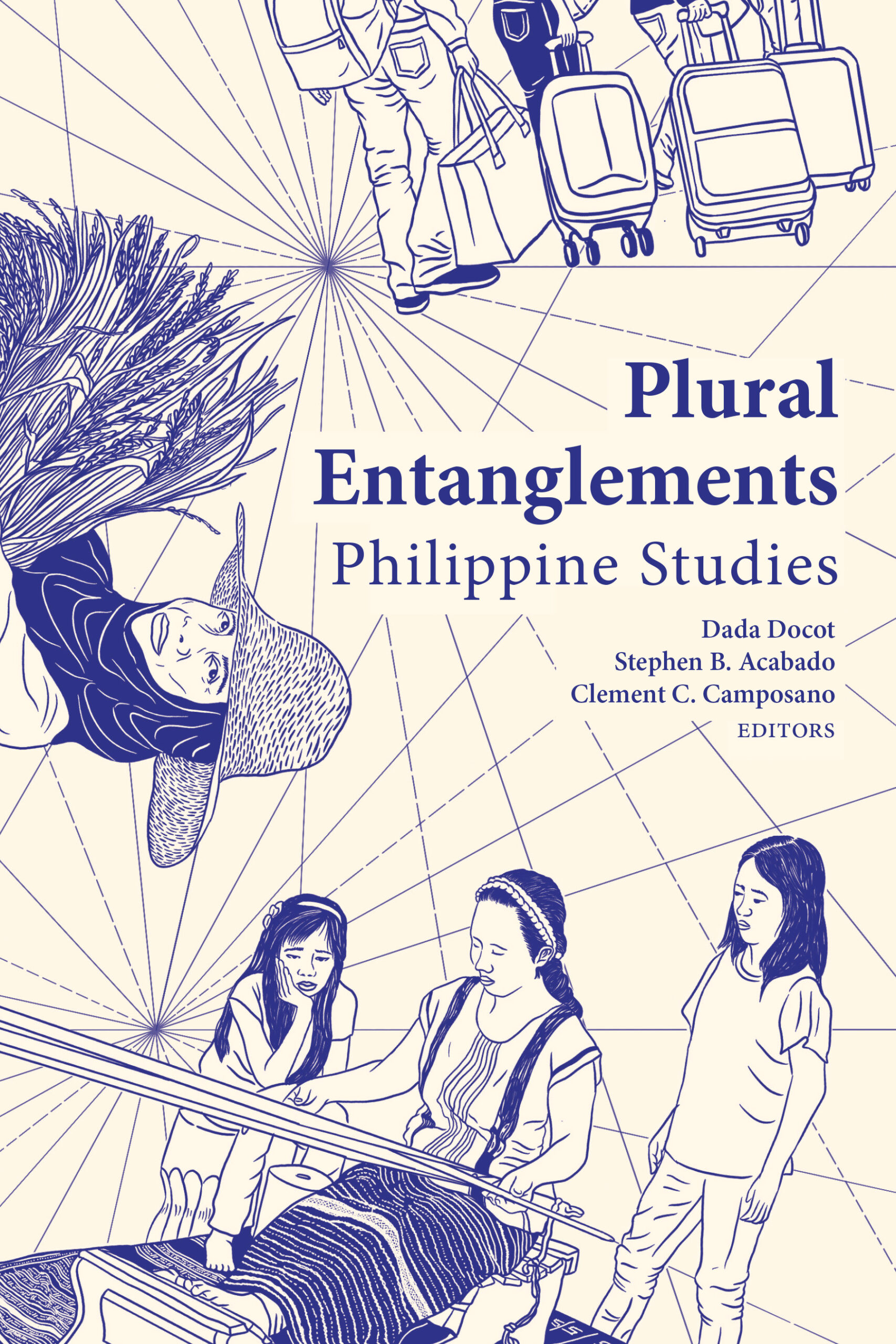
Foundations of Philippine Environmentalism: Science, Citizenship, and Nationhood
This chapter examines the ways in which nature has been conceptualized to define nationhood and citizenship. It builds upon the earlier works on colonial science during the US-occupied Philippines by underscoring the role of nature education in cultivating scientific thinking, citizenship, and nationhood. Inquiring into state instrumentalities such as public education, the paper illustrated how the promotion of scientific understanding of the “Filipino” environment reflected the colonial agenda for cultural reorientation and national imagination. I argue that the “scientific” conceptualization of Philippine natures along notions of nationhood provided the fundamentals of environmentalism.

Textiles and Other Trade Goods: The Philippines in the Sixteenth-Century Global Trade
This study aims to contribute to the growing literature on the importance of non-European actors as prime movers in the early global trade. For this purpose, it locates the Philippines in the intercontinental exchange and reexamines its role, which has been confined to serving as a way-station for Asian and American goods (Schurz 1939). The chapter is organized into three sections. The first part discusses the value of Philippine products as tribute and trade goods and the mechanisms used for their production and circulation. The second part analyzes the flow of the Philippine trade goods in the Pacific leg of the sixteenth-century global trade. Finally, it utilizes archival data and contemporary colonial reports to understand better the Philippine commercial relationship with other “peripheries,” that is, American colonies.

Emergence of "Undesirable" and "Proletariat" Chinese in the Nineteenth-Century Philippines.
This paper explores the lives and circumstances of “undesirable” and “proletariat” Chinese in the nineteenth century Philippines set against the broader political, economic and social transitions and transformations in the colony at the time. It highlights the restrictive policies imposed by the Spanish administration upon the Chinese and the developments within the Chinese community that made such measures necessary. Using previously unutilized source materials from the National Archives of the Philippines (NAP) in Manila, it examines the factors that contributed to the “emergence” of these downtrodden individuals. It demonstrates that although the state treated them as undesirable and dangerous, these social outcasts viewed their daily activities as necessary strategies for survival. A collective biography of these “people without history,” provides another facet of the Chinese community in Spanish colonial Philippines.
| Title | Book | Faculty Involved | Keywords | Year |
|---|---|---|---|---|
| Essays in Food and Ethnographic Paraphernalia | Food and Ethnographic Paraphernalia | Ma. Mercedes G. Planta, Ph.D. | 2025 | |
| Mga Tsinong Manggagawa sa Kamaynilaan noong Ikalabingsiyam na Dantaon | Kasaysayan, Kamaynilaan, Kababaihan: Mga Pananaliksik bilang Pagpupugay kay Dr. Ma. Luisa T. Camagay | Jely A. Galang, Ph.D. | 2025 | |
| Maagang Etnograpiya sa Pilipinas: Ang Kababaihan sa Mata ng mga Europeong Manlalakbay sa Panahong Kolonyal | Kasaysayan, Kamaynilaan, Kababaihan: Mga Pananaliksik bilang Pagpupugay kay Dr. Ma. Luisa T. Camagay | Janet S. Reguindin-Estella, Ph.D. | 2025 | |
| India in the Heart and Soul of the Filipino | A Journey of Enduring and Soaring Partnership | Ian Christopher B. Alfonso, Ph.D. | Baybayin, Laguna Copperplate Inscription, Galleon Trade, Carenderia, Philippine Revolution | 2025 |
| The Diorama Experience of Philippine History | The Diorama Experience of Philippine History | Jely A. Galang, Ph.D., Rhodalyn C. Wani-Obias, Ph.D., Janet S. Reguindin-Estella, Ph.D., Francisco Jayme Paolo A. Guiang | 2025 | |
| At gayon ma’y gumagalaw Modernong kaalaman, pulitikang kolonyal, at ang 'Trial of Galileo' ni Juan Luna | The Filipino worldview through art, images, and objects. From indigenous cultures to the 19th century | Emmanuel Jayson V. Bolata | Juan Luna, Trial of Galileo, Propaganda Movement, Filipino enlightement, Juicio a Galileo, Galileo, Movimiento de propaganda, Ilustración filipina | 2025 |
| Inventing a People. Distorting the Images of Macabebe, 1899 | The Filipino worldview through art, images, and objects. From indigenous cultures to the 19th century | Ian Christopher B. Alfonso, Ph.D. | José de Olivares, Aztecs, Macabebe Scouts, Tinguians, Emilio Aguinaldo, Aztecas, Exploradores macabebe, Tinguianos | 2025 |
| Independence and Public Health: Technologies of Rule in the Colonial Philippines, 1900–1930s | Dreams of Prevention and Control: Policing and Public Health in Colonial Asia | Ma. Mercedes G. Planta, Ph.D. | 2025 | |
| Indigenous datus' Constructions of Colonial Enslavement in the Philippines of Spain's Transpacific West | The Routledge Companion to Race in Early Modern Artistic, Material, and Visual Production | Nicholas Michael C. Sy | 2025 | |
| Bridging Science and Local Knowledge/Perception: A Case Study of Manila Bay Coastal Provinces (Philippines) After the 1988 Red Tide Episode | Scientists and the Establishment of a Mass Environmental Awareness (1950-1990) | Ma. Luisa De Leon-Bolinao, Ph.D. | 2025 | |
| A Woman, a Certain Sora | More Pinay Than We Admit 2: The Filipinas Emerges from the Margins | Maria Serena I. Diokno, Ph.D. | 2025 | |
| Road to Political Empowerment: Women’s Organizations and the Fight for Suffrage (1905-1937) | More Pinay Than We Admit 2: The Filipinas Emerges from the Margins | Janet S. Reguindin-Estella, Ph.D. | 2025 | |
| Sweet Hopes and Delightful Longings”: Motherhood in Early Twentieth Century Philippines. | More Pinay Than We Admit 2: The Filipinas Emerges from the Margins | Rhodalyn C. Wani-Obias, Ph.D. | 2025 | |
| Illegal Immigration and Chinese Transnational Networks in Southern Philippines, 1850–1898 | Transnational Southeast Asia: Communities, Contestations and Cultures | Jely A. Galang, Ph.D. | Chinese, Philippines, Illegal migration, Sulu, Mindanao | 2025 |
| Optics, Illusions, and Historical Philippine Populations | Everyday Life in the Philippines, 1657–1699 | Nicholas Michael C. Sy | 2025 | |
| Wills of the Dead: Inheritance and Other Legacies in Early Modern Philippines | Everyday Life in the Philippines, 1657–1699 | Grace Liza Y. Concepcion, Ph.D. | 2025 | |
| Navigating Legal Frontiers: Spanish consulates in Singapore and Hong Kong in the second half of the nineteenth century | Redes Consulares en el Mar de China. Cónsules extranjeros en Filipinas Cónsules españoles en China | Ros A. Costelo, Ph.D. | 2024 | |
| Colonias Entrelazadas: Filipinas y el Establecimiento de los Consulados Españoles en Singapur y Hong Kong en la Segunda Mitad del Siglo XIX | Cónsules e Imperios El establecimiento de consulados extranjeros en las Filipinas del Siglo XIX | Ros A. Costelo, Ph.D. | 2023 | |
| Indigenous Landowners in the 17th-century Philippines. | 1521 Revisited: The Quincentennial Commemorations in the Philippines, volume III, 184-200 | Grace Liza Y. Concepcion, Ph.D. | Land ownership, 17th century, land dispute, land sale, Philippines | 2023 |
| Lo que entra por la boca no hace daño al alma: food, sailors, and the seventeenth-century Spanish Pacific | Sincronías Barrocas (Siglos XVI-XVIII): Agentes, textos y objetos entre Iberoamérica, Asia y Europa | Kristyl N. Obispado, Ph.D. | Sailors’ food, seventeenth century, Pacific sailor, heresy, Spanish empire | 2023 |
| Cabecilla principal de sangleyes and Chinese immigration in the late- eighteenth century Philippines | Sincronías Barrocas (Siglos XVI-XVIII): Agentes, textos y objetos entre Iberoamérica, Asia y Europa | Jely A. Galang, Ph.D. | Chinese laborers, cabecilla principal, immigration, Manila | 2023 |
| Paramount Yet Frontier: A Historiographical Appraisal of Select 18th-Century Philippine Geological Disasters | Sincronías Barrocas (Siglos XVI-XVIII): Agentes, textos y objetos entre Iberoamérica, Asia y Europa | Kerby C. Alvarez, Ph.D. | Earthquakes, volcanic eruptions, eighteenth-century Philippines, historical disasters, Philippine colonial history | 2023 |
| Si Rene O. Villanueva sa Panimulang Yugto ng Pag-akda para sa Bata, 1977-1986 | Bata, Hiwaga, Bansa: Pamana ni Rene O. Villanueva sa Panitikang Pambata | Emmanuel Jayson V. Bolata | Rene Villanueva, panitikang pambata, kasaysayang pampanitikan | 2023 |
| The Czechs in the Philippines in World War II | Kaibigan-Prátelé: Czech-Philippines | Ricardo T. Jose, Ph.D. | 2023 | |
| Surviving Obscurity: An Inquiry into the Malisbong Massacre (1974–2013) | The Marcos Years: The Age of Crisis and Repression | Lorenzo Jose C. Martinez | 2023 | |
| To Struggle and Triumph: Maria Cristina V. Rodriguez’s Life during the Martial Law Years | The Marcos Years: The Age of Crisis and Repression | Francisco Jayme Paolo A. Guiang | 2023 | |
| Introduction: Storytelling and Academic Study: Toward a Memory of Dictatorship | The Marcos Years: The Age of Crisis and Repression | Ferdinand C. Llanes, Ph.D. | 2023 | |
| Foundations of Philippine Environmentalism: Science, Citizenship, and Nationhood | Philippine Studies: Plural Entanglements | Ruel V. Pagunsan, Ph.D. | 2023 | |
| Textiles and Other Trade Goods: The Philippines in the Sixteenth-Century Global Trade | Philippine Studies: Plural Entanglements | Kristyl N. Obispado, Ph.D. | 2023 | |
| Emergence of "Undesirable" and "Proletariat" Chinese in the Nineteenth-Century Philippines. | Philippine Studies: Plural Entanglements | Jely A. Galang, Ph.D. | 2023 | |
| The case of the dead sailors and the things they left: A microhistorical analysis of the Carrera del Pacífico in the sixteenth century | Europa y América: el mar y la primera globalización, Colección Historia Medieval y Moderna | Kristyl N. Obispado, Ph.D. | Carrera del Pacífico, dead sailors, microhistory, labor, global trade goods | 2023 |
| Rizal’s Project: Historical Reconstruction of the Philippine Past | 1521 Revisited: The Quincentennial Commemorations in the Philippines Volume 2 | Kerby C. Alvarez, Ph.D. | 2023 | |
| Populist authoritarianism against the ‘Firewall’ of rights and due process | The Volatility and Future of Democracies in Asia | Maria Serena I. Diokno, Ph.D. | 2022 | |
| Colonial Civil Engineers and the Inspección General de Obras Públicas 1866-1898 | Transforming the 19th Century Philippines | Ros A. Costelo, Ph.D. | 2022 | |
| Lunas ng Taong-Labas sa Kontemporanyong Panahon: Ang Tawak at Tandok ng Marinduque | Taong-Labas: Ang Tulisan, Remontado, at Vagamundo sa Kasaysayan at Kalinangang Pilipino | Emmanuel Jayson V. Bolata | Marinduque, Tawak, Tandok, Lala, Bisa | 2022 |
| Protestante Man, Lumaban Din: Ang Paninindigan ng Convention of Philippine Baptist Churches (CPBC) Laban sa Diktadurang Marcos | Taong-Labas: Ang Tulisan, Remontado, at Vagamundo sa Kasaysayan at Kalinangang Pilipino | Kristoffer R. Esquejo, Ph.D. | 2022 | |
| Ati, Bukidnon, at Agraviados: Ang Taong-Labas at Paglikha ng Panghimagsikang Tradisyon sa Isla ng Panay | Taong-Labas: Ang Tulisan, Remontado, at Vagamundo sa Kasaysayan at Kalinangang Pilipino | Vicente C. Villan, Ph.D. | 2022 | |
| Disease, Death, and Destruction: Dante and Boccaccio's Second Coming and Interstices of Filipino Reception | Himaya: Panitikan ng Pagbabanyuhay | Emmanuel Jayson V. Bolata | Dante, Boccaccio, Filipino reception, COVID-19, loob | 2022 |
| Policing the Chinese: tenientes Mayores de Chinos and ‘Undesirable’ Chinese in the Philippines, 1870-1898 | Philippines–China Relations at 45 During the COVID-19 Pandemic: New Discoveries, Recent Developments, and Continuing Concerns | Jely A. Galang, Ph.D. | 2021 |

